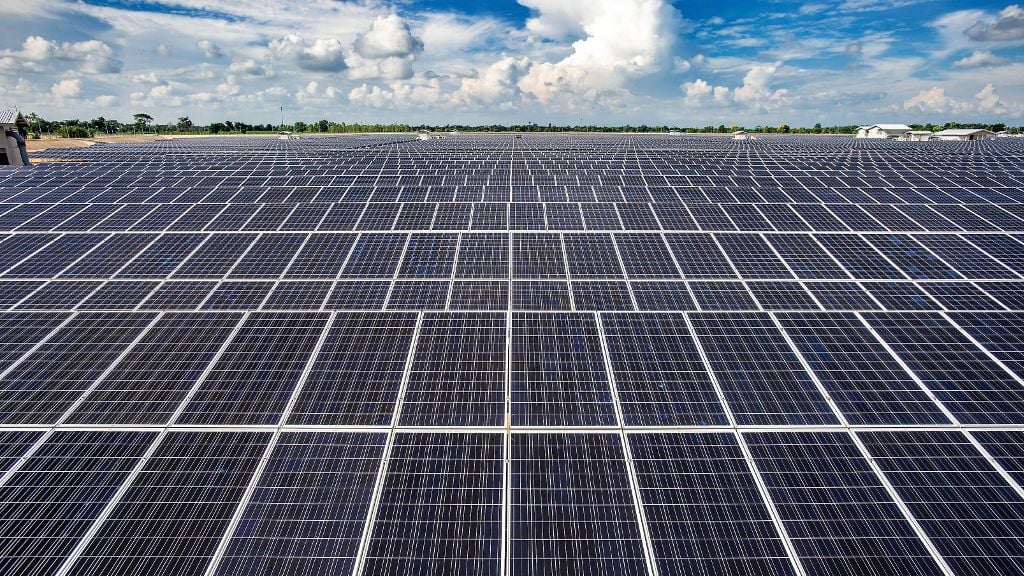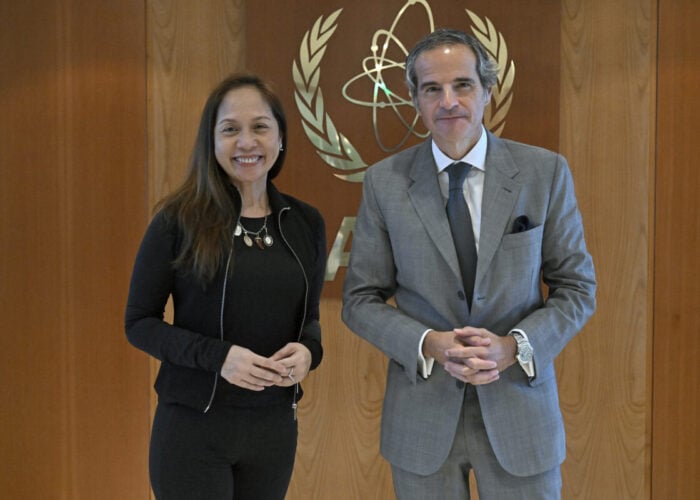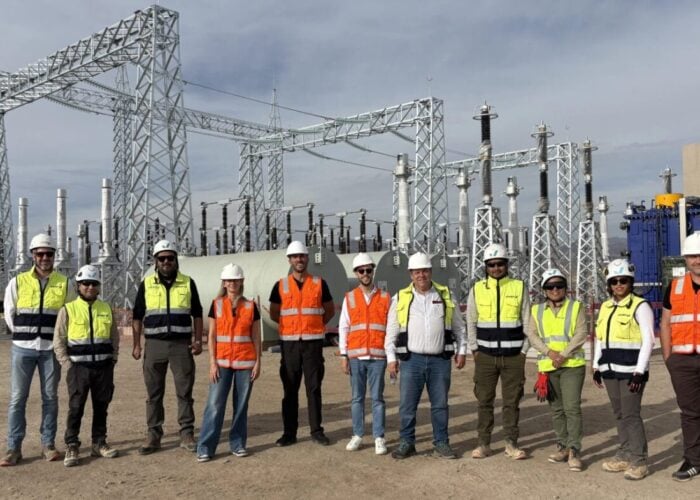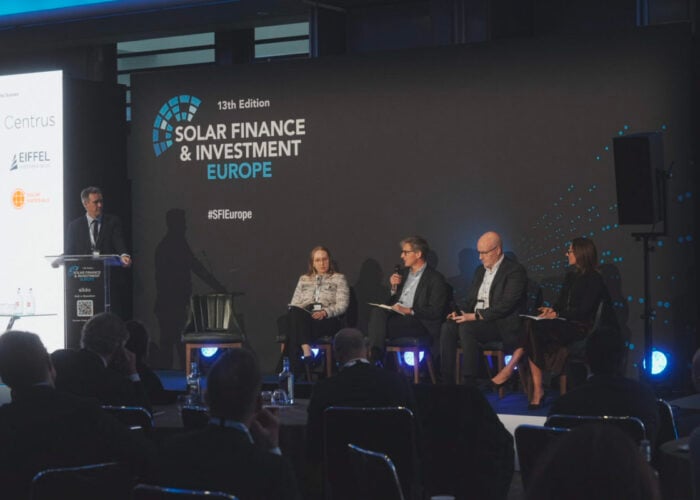
“There is a lack of capital for ready-to-build solar PV projects in emerging markets”. Is this perception still prevalent in the solar industry? Not at all…
Project developers know that there are a lot of long-term investors who are looking to acquire such ready-to-build projects in emerging markets and most are based in developed countries. Moreover, the trend of investing in emerging markets will continue to grow exponentially despite the fact that some investors in the developed markets are reluctant to go out of their comfort zones.
Try Premium for just $1
- Full premium access for the first month at only $1
- Converts to an annual rate after 30 days unless cancelled
- Cancel anytime during the trial period
Premium Benefits
- Expert industry analysis and interviews
- Digital access to PV Tech Power journal
- Exclusive event discounts
Or get the full Premium subscription right away
Or continue reading this article for free
Investors are positive about solar PV opportunities in emerging markets and governments are positive about cooperating on renewable energy issues. So, what is the bottleneck that prevents that strong push? It is the lack of feasible and bankable project development.
The acquisition strategy of ready-to-build projects simply is not sustainable since greenfield project development is underestimated by investors who are not willing to contribute some low budgets in developing them. On the other hand, it is obvious that the mindset of a long-term investor is a bit different to a developer who is trying to create value in the challenging conditions. Therefore, a suggestion for non-integrated solar PV companies should be considering the strategy of “Co-Development” in emerging markets; Not only investors, but also manufacturers (panel, inverter, mounting structures), Engineering, Procurement, Construction (EPC) Companies and other project developers as well. In this way, each player will be involved in this creative project development process which at the end will increase the investment pipeline significantly. That will be good for all the solar PV industry and will deliver better returns to investors than the strategy of acquiring ready-to-build projects.
Some may say that project development is risky, however, there are a lot of business models which will limit these risks such as payments in milestones, reasonable success fee structures, control of the development process, developing in more than one market, etc. Also, I agree that, some projects will not make it and some of your money could be lost. However, investors are also losing money and time when they prepare bids for the developed projects which they are not winning.
Investors that try to manage the risks together with the co-developers by having their small, flexible team with development experience, either in-house or through support from consultants, more often succeed. It is also interesting to see some pension funds are working on the “co-development concept” which may be another milestone in the solar industry.
Looking for only regulated markets is another topic of discussion. If developers are proactive, they can lead the solar market developments ahead of the governments and help them regulate the markets. If the developers/investors wait until the market is regulated and developed, they may miss the chance to reach the unique investment opportunities and significant pipelines. Not leading but being a follower in the first loop of developers in a market is also another applicable strategy for emerging markets. It may decrease the costs and time spent on project development significantly.
To put a long story short, the culture of working together should not be underestimated and “Co-development” strategies in solar energy could be one of the vital solutions to overcome the project development gap in the emerging markets.
What an inspirational African proverb: “If you want to go fast, go alone. If you want to go far, go together.”






